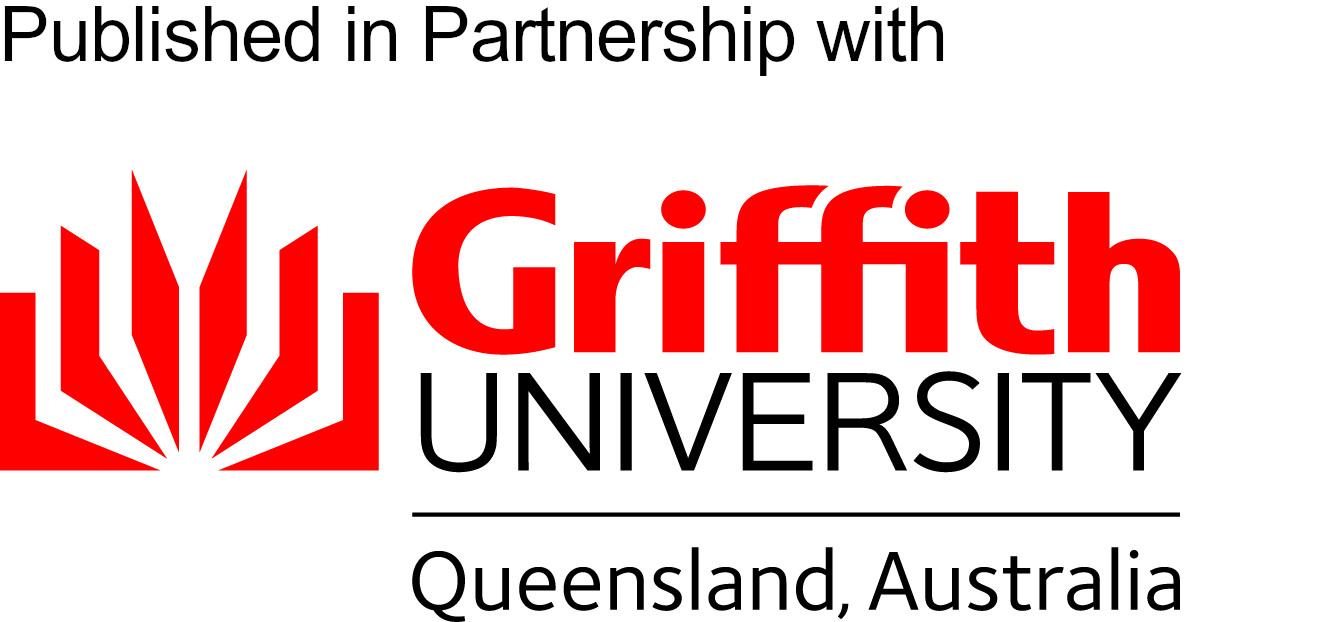Hansonism, Right-Wing Populism and the Media
DOI:
https://doi.org/10.1017/S132181660000101XKeywords:
Hansonism, economic and social divisions, mediaAbstract
This essay aims to explicate the conditions enabling Hansonism. Politically, it argues that the party's exploitation of cynicism about mainstream politics and deepening economic and social divisions have been enabled by the Howard government's zealous pursuit of neo-liberal politics, its dismantling of Labor's welfare safety net, its wedge politics, its cynical reneging on election promises, and its attacks on the fourth estate, not to mention his endorsement of Hanson's freedom of speech'. In terms of the media, the essay argues that Hansonism's protest vote is based on a ‘plague o’ both your houses'. The allied populist prejudices of several radio talkback hosts have drawn their strength from television's virtual displacement of political debate in its posture as voice of the people, its actual address to viewers as domestic, atomised consumers and the increasing populism of vernacular genres such as lifestyle programs and sitcoms. Examples include the most popular Australian film of the Howard-Hanson era, The Castle.
References
Bell, Philip (1998) ‘Television: re-viewing Aussie populism’, in Bell, Philip and Bell, Roger (eds), Americanisation: Australian Experiences, Sydney: University of New South Wales Press (forthcoming).
Bell, Philip, Boehringer, Kathe and Crofts, Stephen (1983) Programmed Politics: A Study of Australian Television, Sydney: Sable.
Benjamin, Walter (1968, originally 1936) ‘The Work of Art in the Age of Mechanical Reproduction’, in Illuminations, New York: Schocken.
Benn, Anthony Wedgewood (1972) Contribution to Badley, F.S. (ed.) Fourth Symposium on Broadcasting Policy, University of Manchester (mimeo).
Bonnell, Andrew (1996) Personal conversation, 2 December.
Crofts, Stephen (1994) ‘Global Neighbours?’ in Allen, Robert C. (ed.) To Be Continued …, London: Routledge.
Crofts, Stephen (1998) ‘The Castle, 1997's “battlers”, and the ir/relevance of the aesthetic’, Australian Studies 14 (forthcoming).
Dorfman, Ariel (1998) Interview, Arts Today, ABC Radio National, 26 May.
Ellis, Bob (1996) ‘Rough cut’, Encore 14(7), 6–19 November.
Frankel, Boris (1997) ‘Beyond labourism and socialism: how the Australian Labor Party developed the model of ‘New Labour’’, New Left Review 221.
Hope, Deborah (1998) ‘Inner state’, The Australian's Review of Books, May.
King, Noel and Rowse, Tim (1983) ‘“Typical Aussies”: Television and Populism in Australia’, Framework 22–23, Autumn: 37–42.
Manne, Robert (1998) The Way We Live Now: the Controversies of the Nineties, Melbourne: Text Publishing.
Marsh, Ian (1998) ‘Two parties make One Nation’, Sydney Morning Herald, 25 June.
Perera, Suvendrini and Pugliese, Joseph (1997) ‘“Racial suicide”: the re-licensing of racism in Australia’, Race and Class 39(2), October–December.
Rushdie, Salman (1994) Interview, Lateline, ABC Television, 4 October.
Whitlam, Gough (1981) ‘Australia and Canada: the two remaining colonies’, Sydney Morning Herald, 16 March.





